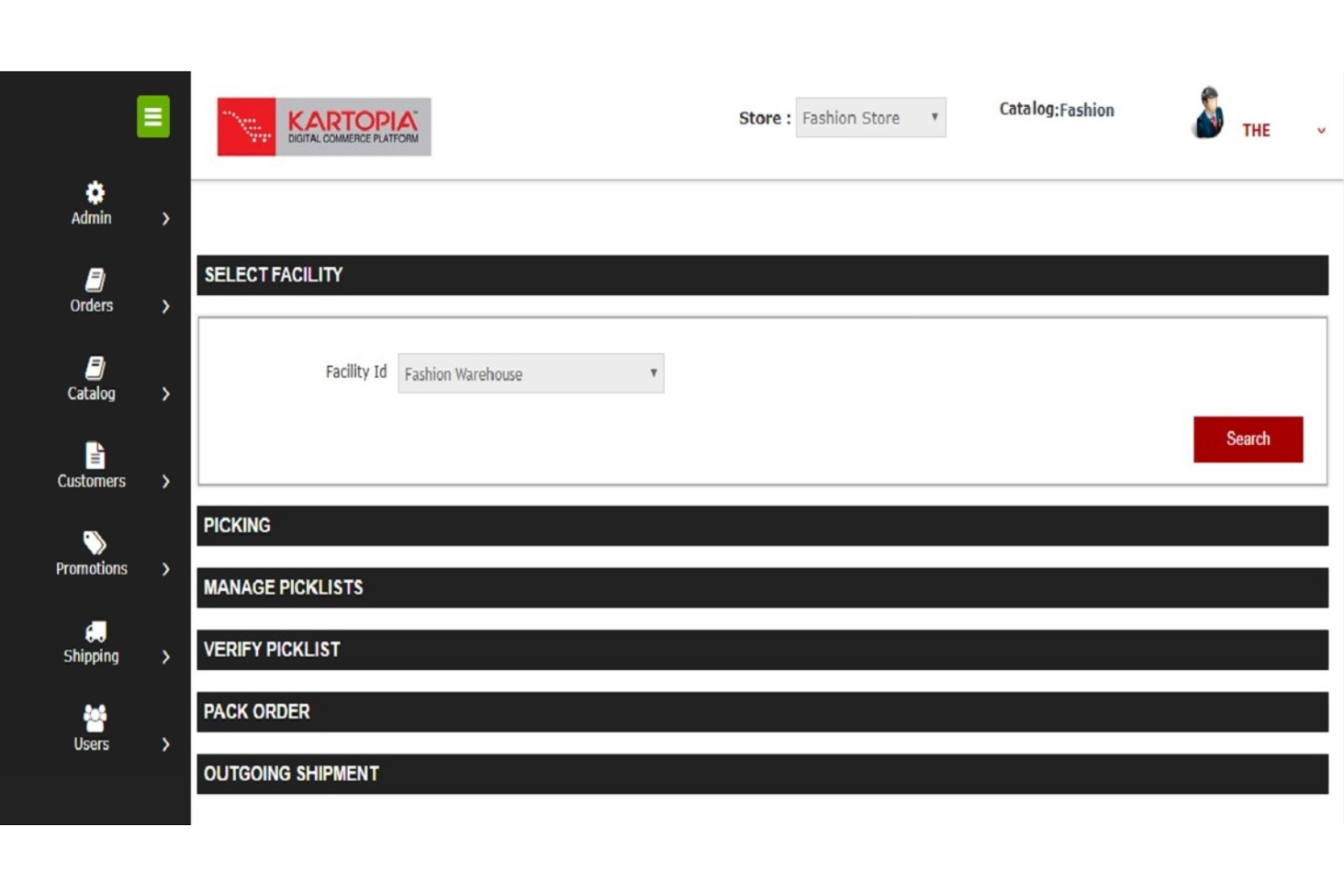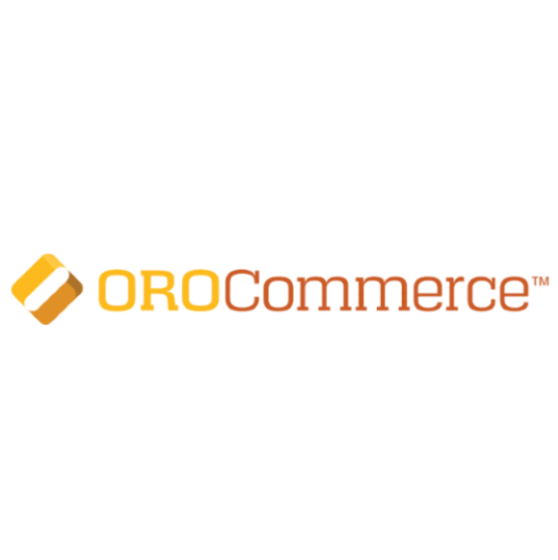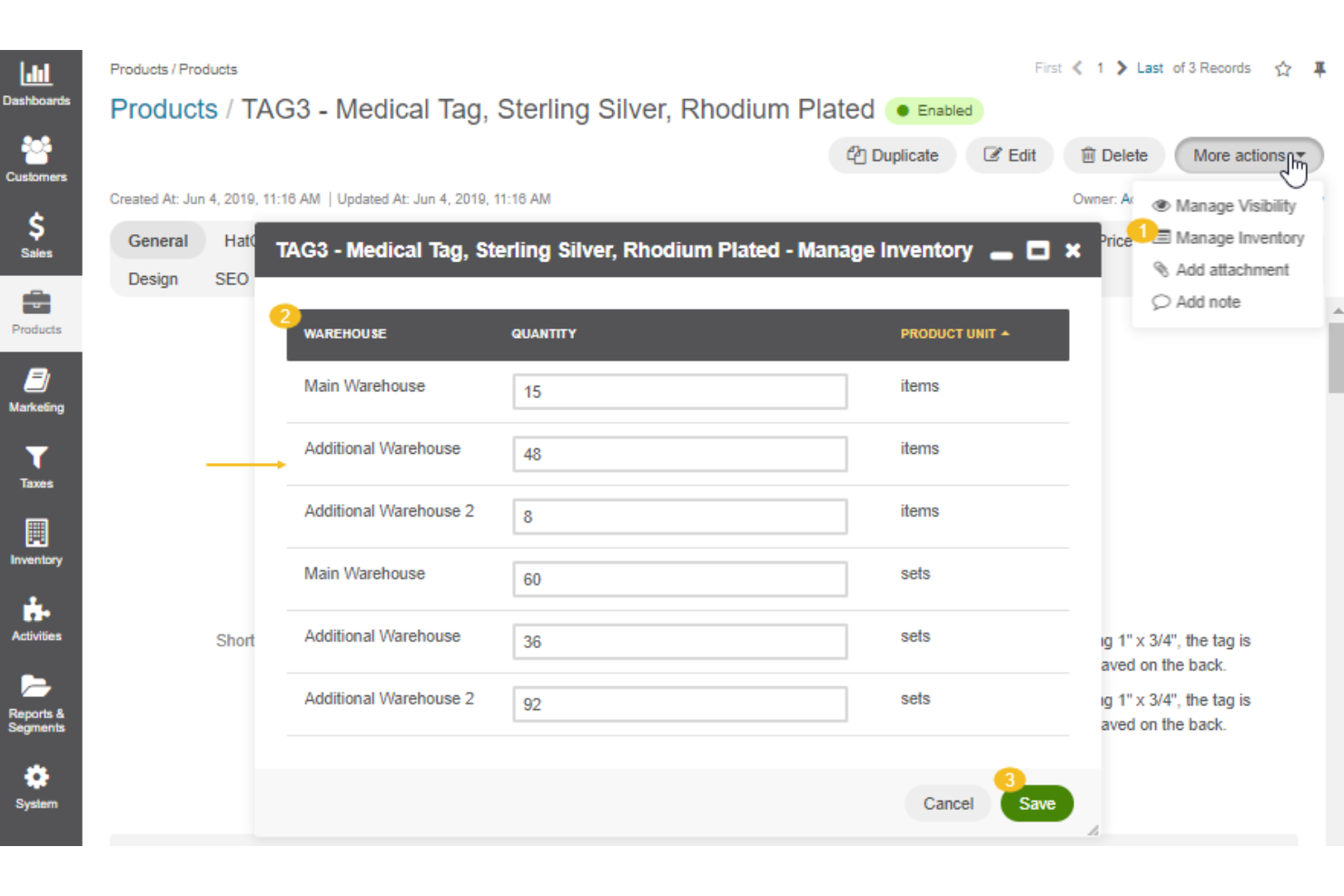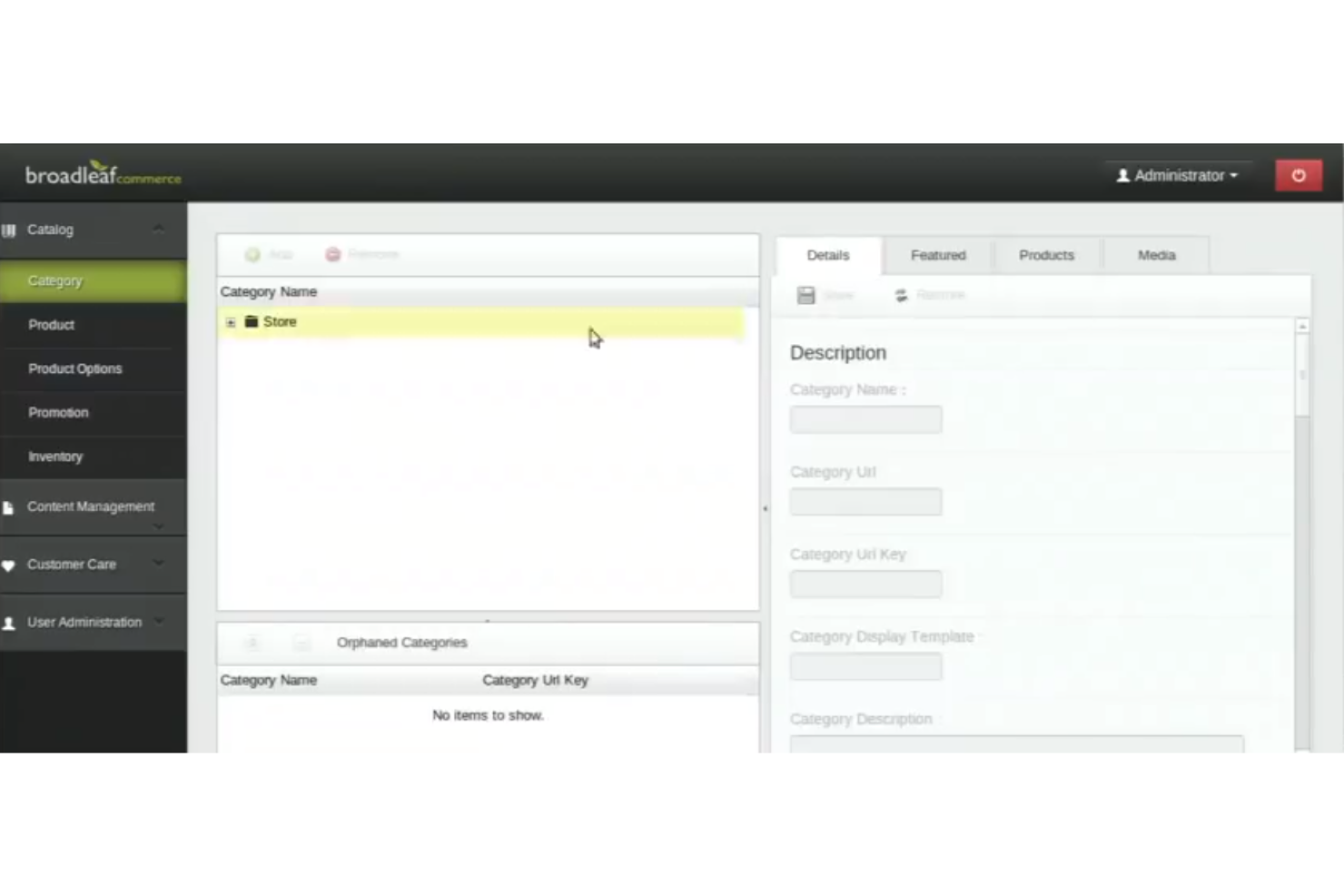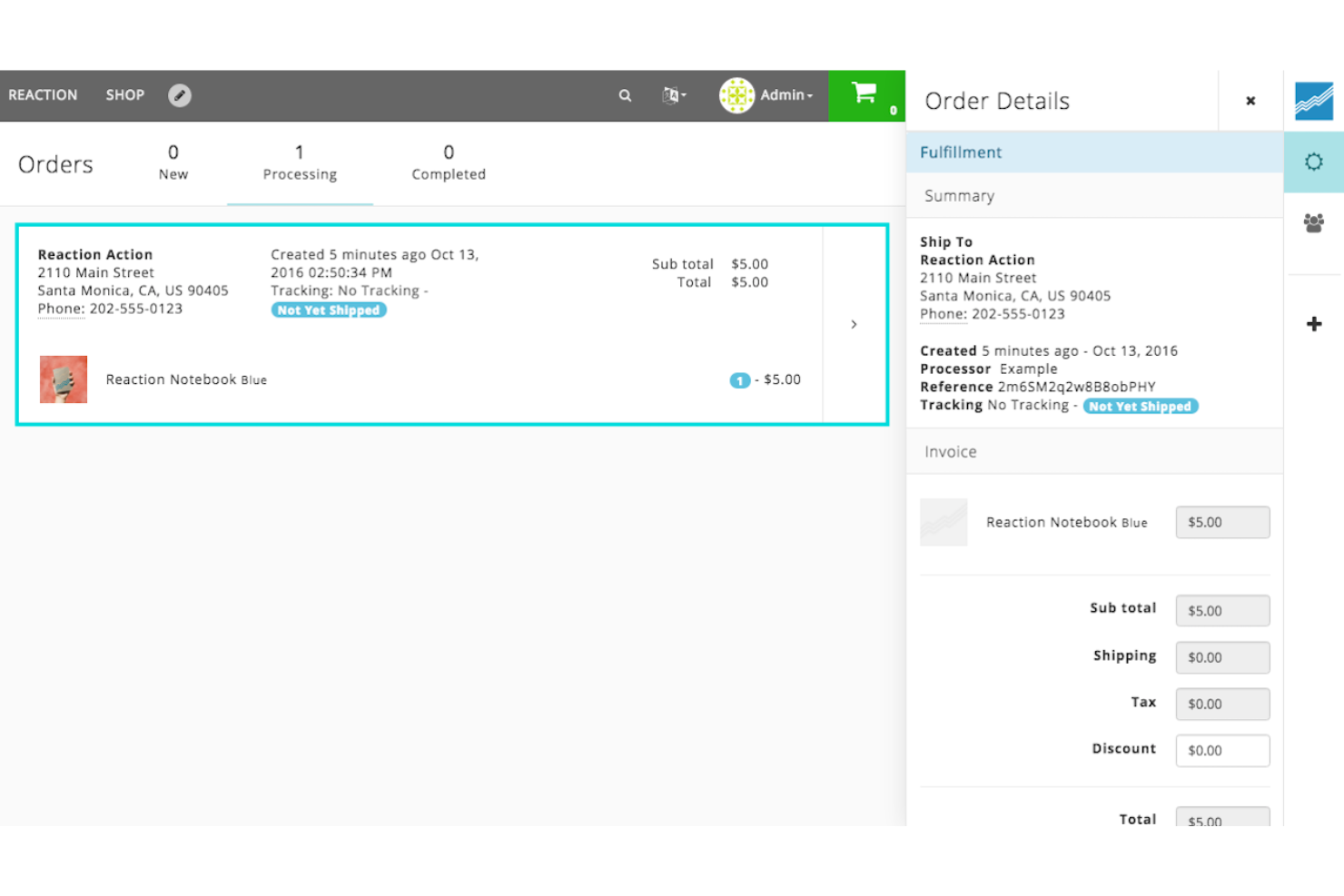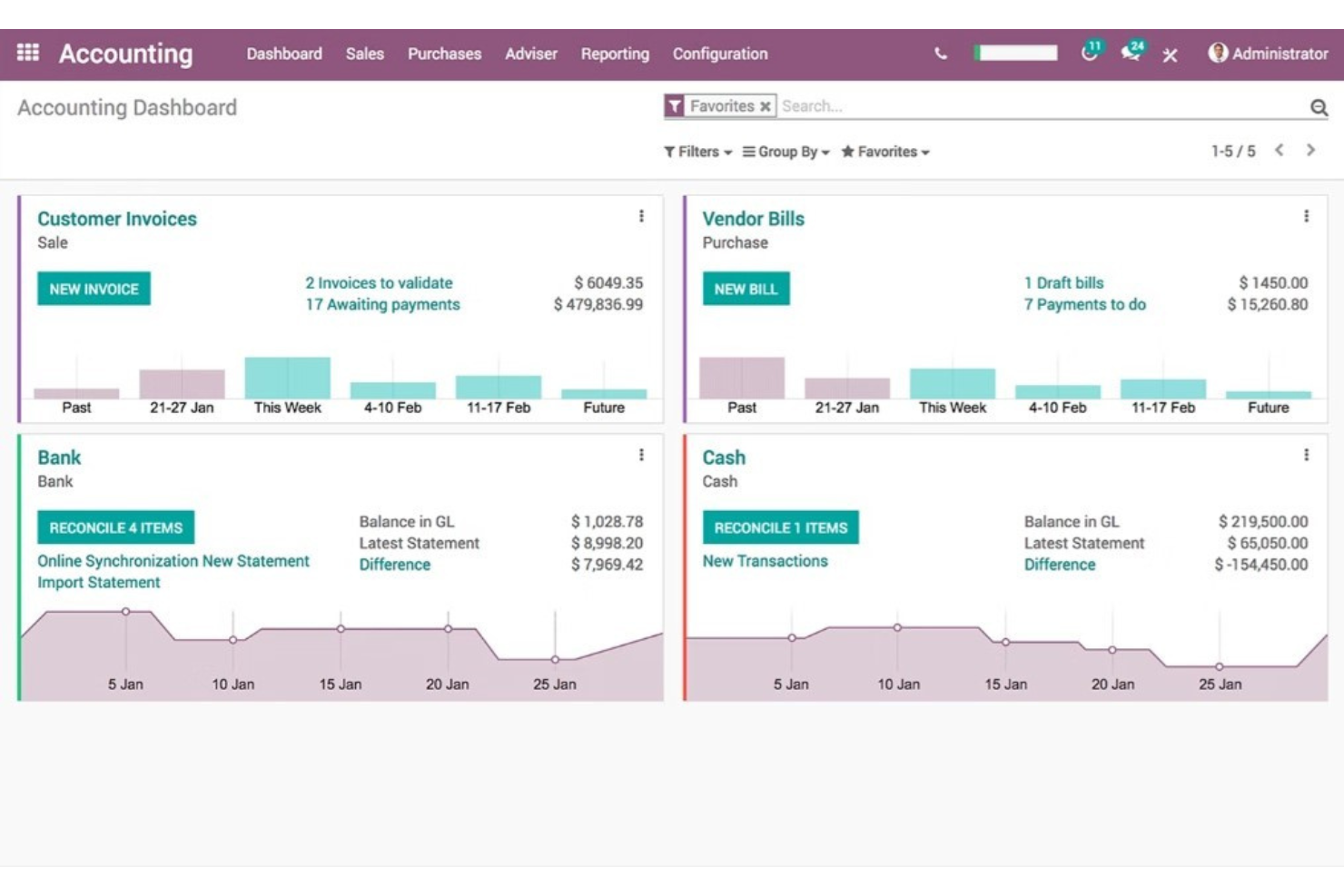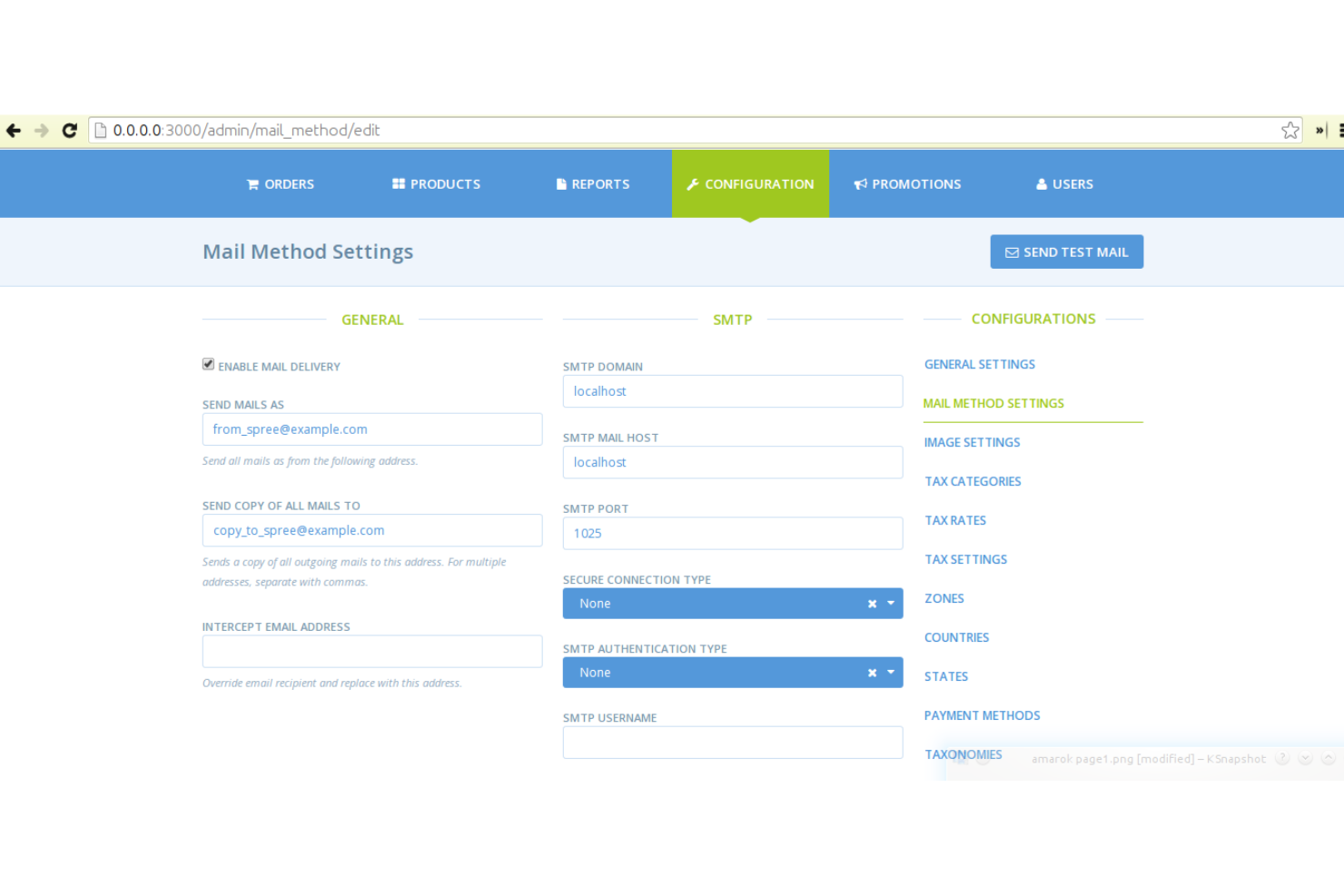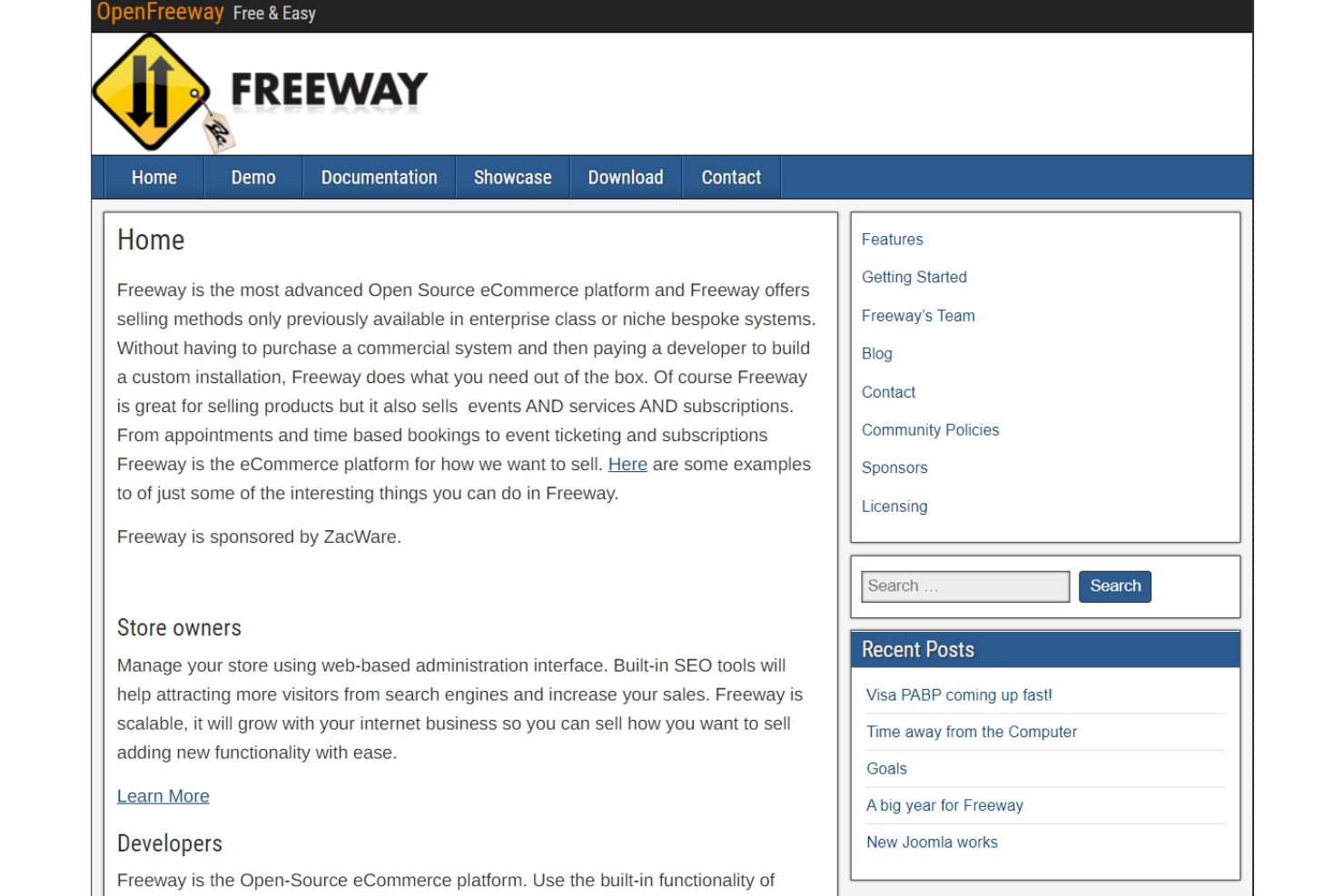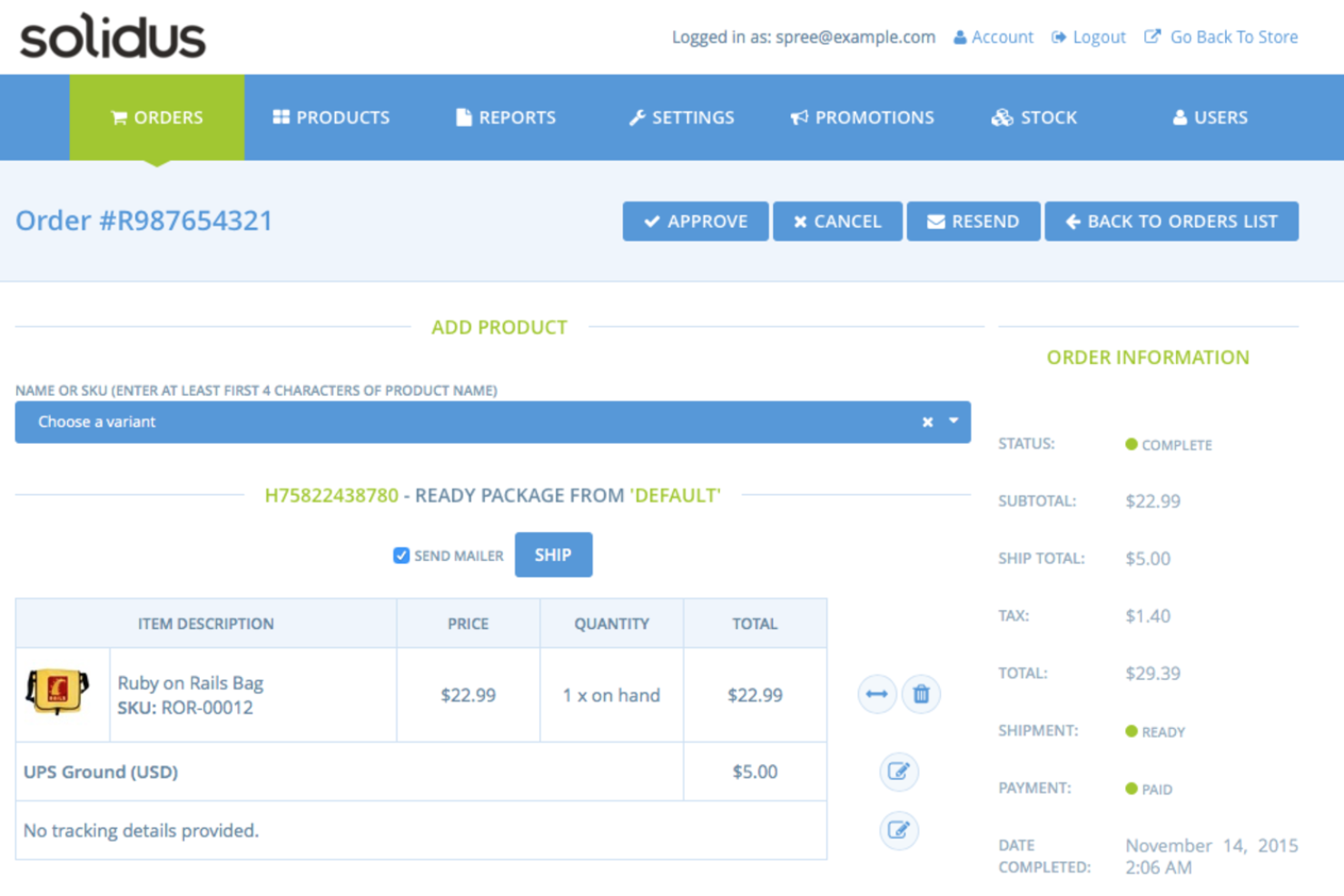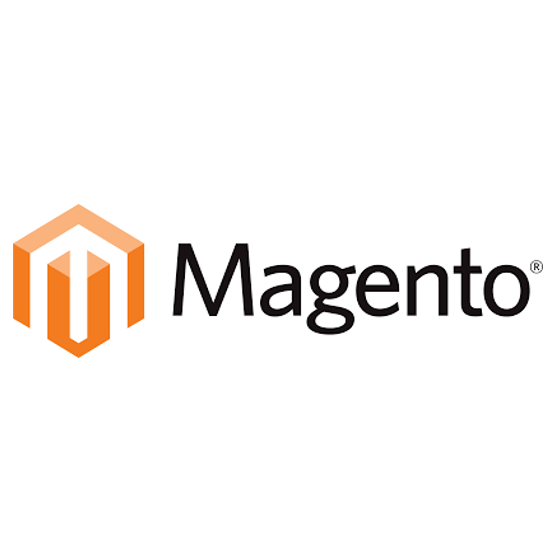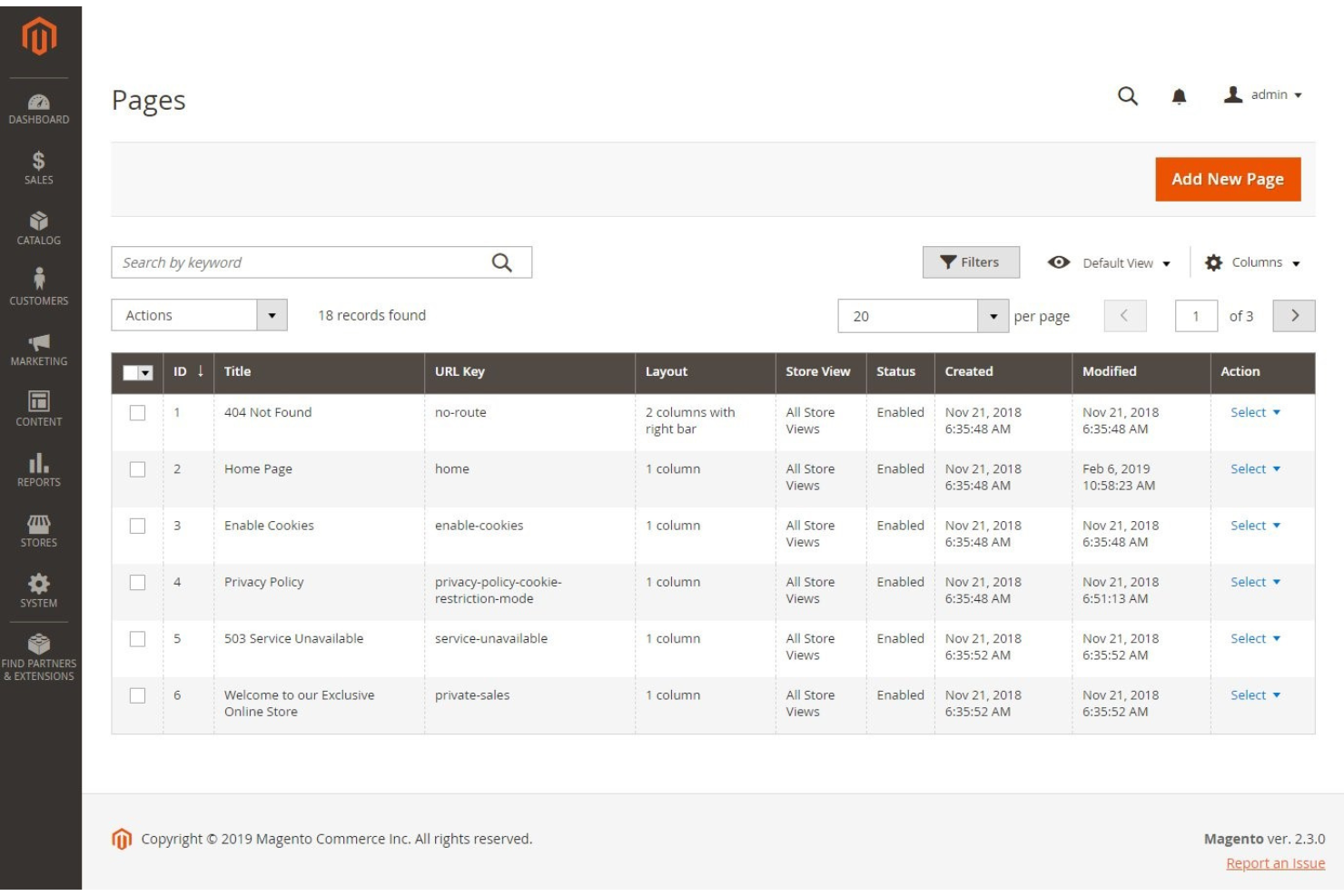10 Best Open Source Warehouse Management System Shortlist
Here's my pick of the 10 best software from the 25 tools reviewed.
There are so many different open source warehouse management systems so making a shortlist of the best can be tricky. You want a customizable and cost-effective solution for managing warehouse operations—and now need the right tool for your business and team. I've got you covered! In this post, I share from my personal experience as an ecommerce manager using many different open source WMSs with teams of all sizes and share my picks of the best open source warehouse management systems overall.
Why Trust Our Reviews
We’ve been testing and reviewing ecommerce software since 2018. As ecommerce managers ourselves, we know how critical, and difficult it is to make the right decision when selecting software.
We invest in deep research to help our audience make better software purchasing decisions. We’ve tested more than 2,000 tools for different ecommerce use cases and written over 1,000 comprehensive software reviews. Learn how we stay transparent & our software review methodology.
The Best Open Source Warehouse Management Systems Summary
| Tools | Price | |
|---|---|---|
| Kartopia | Pricing upon request | Website |
| OroCommerce | Pricing upon request | Website |
| Broadleaf Commerce | Pricing upon request | Website |
| Reaction Commerce | Pricing upon request | Website |
| Odoo | From $31/user/month | Website |
| Spree Commerce | Pricing upon request | Website |
| OpenFreeway | Pricing upon request | Website |
| Drupal Commerce | Free To Use | Website |
| Solidus | Pricing upon request | Website |
| Magento Open Source | Pricing upon request | Website |

Compare Software Specs Side by Side
Use our comparison chart to review and evaluate software specs side-by-side.
Compare SoftwareHow to Choose an Open Source Warehouse Management System
With so many different open source warehouse management systems available, it can be challenging to make decisions on what open source warehouse management system is going to be the best fit for your needs. As you're shortlisting, trialing, and selecting open source warehouse management systems, consider the following:
- What problem are you trying to solve - Start by identifying the warehouse management feature gap you're trying to fill to clarify the features and functionality the open source warehouse management system needs to provide.
- Who will need to use it - To evaluate cost and requirements, consider who'll be using the software and how many licenses you'll need. You'll need to evaluate if it'll just be the ecommerce team, or the whole organization that will require access. When that's clear, it's worth considering if you're prioritizing ease of use for all, or speed for your ecommerce software power users.
- What other tools it needs to work with - Clarify what tools you're replacing, what tools are staying, and the tools you'll need to integrate with, such as accounting, CRM or HR software. You'll need to decide if the tools will need to integrate together, or alternatively, if you can replace multiple tools with one consolidated open source warehouse management system.
- What outcomes are important - Consider the result that the software needs to deliver to be considered a success. Consider what capability you want to gain, or what you want to improve, and how you will be measuring success. For example, an outcome could be the ability to get greater visibility into performance. You could compare open source warehouse management system features until you’re blue in the face but if you aren’t thinking about the outcomes you want to drive, you could be wasting a lot of valuable time.
- How it would work within your organization - Consider the software selection alongside your workflows and delivery methodology. Evaluate what's working well, and the areas that are causing issues that need to be addressed. Remember every business is different — don’t assume that because a tool is popular that it'll work in your organization.
Best Open Source Warehouse Management System Reviews
Here’s a brief description of each top 10 open source WMS to showcase each tool’s best use case, and some noteworthy features. Keep reading to find additional bonus picks at the bottom of the list.
Kartopia is a modular ecommerce platform that helps businesses of all sizes grow faster through digital transformation. They built Kartopia to grow and accommodate your growing business while also allowing you to create a unique and rewarding customer experience. The platform’s comprehensive suite of capabilities addresses your store’s product, cart, and order management fulfillment.
The Kartopia platform enables your business to provide an excellent customer experience by using B2B and B2C features, such as support for multiple currencies, languages, and themes. Kartopia also provides features to help provide the best-in-class content management system and multichannel capabilities, such as customer service, mobile, and web. With all these features, the platform also integrates required fraud protection services and SSL, so your customer and business data stay safe.
Kartopia allows for easy extensible integration with third-party applications for payment and shipping gateways.
Kartopia offers custom pricing upon request.
OroCommerce is an open source B2B ecommerce software and CRM platform used for warehousing, sales enablement, and wholesale. OroCommerce is built on Symfony, a leading high-performance open source PHP framework. They boast a developer community of 20,000+ and a user-powered tools library.
Key features include a centralized customer database, pipeline and forecast management, granular segmentation options, performance dashboards, and reporting features. OroCommerce bills themselves as a B2B specialty but, being open source and hugely flexible, the platform can be tailored for anything from B2C, multi-brand, goods, services, or even a bookings marketplace.
OroCommerce offers pricing upon request and comes with a free demo.
Broadleaf Commerce is a fully customizable and extensible platform that provides tailored and highly scalable ecommerce systems. The open source development of the platform provides full flexibility on any on-premise or cloud server. The platform offers assisted online shopping, which allows you to guide customers to find the right products for them. You can identify items your customers prefer with the account management tool. When you combine these two features, you can provide an incredibly personalized shipping experience.
Broadleaf Commerce can help your business no matter whether you manage multiple sites, sub-sites, a stand-alone site, or a vendor marketplace. Through a single platform, you can manage multichannel capabilities. It’s an ideal choice for businesses running multiple franchises, brands, marketplace vendor models, or merchant storefronts.
Broadleaf Commerce integrates with third-party applications, such as Microsoft 365, Stripe, and Rackspace.
Broadleaf Commerce offers customized pricing upon request.
They built Reaction Commerce to scale alongside ecommerce businesses and can process tens of thousands of orders each day. Reaction Commerce’s open source platform’s solutions fit your business, and you can host everything on your servers or in the cloud. The platform’s admin dashboard gives you all the data you need to keep all your inventory, product, and customer data updated. You can accept and refund payments, process store orders, and deliver items to customers.
Reaction Commerce’s API-first platform allows for maximum freedom and flexibility for ambitious brands and businesses. You can use Reaction Commerce to implement the services that fit your business and its future alongside your existing tech stack or by replacing it. The software is incredibly fast and promises a guaranteed 100% uptime.
Reaction Commerce can integrate into your current systems by using its API documentation.
Reaction Commerce provides customized pricing upon request.
Odoo offers a fully integrated solution to help businesses operate efficiently from one platform. The software is an open source, customizable platform that covers needs such as sales, project management, accounting, and inventory management. The Odoo platform’s intuitive database can meet the requirements of any business regardless of its size.
They interconnected the modules within the Odoo platform to provide an integrated system between all of its apps. With these modules, you can automate many processes that you would otherwise need manual inputs throughout several applications. The communication between Odoo’s apps is seamless across various business departments. This allows your teams to avoid problems such as having extra inventory in your warehouse or connecting accounting to your sales.
Odoo integrates with various third-party software, such as Authorize.net, PayPal, Joomla, and FedEx Ship Manager.
Odoo costs from $31/user/month for all their apps, as well as a 15-day free trial.
Spree commerce’s features can help businesses of any size create an online shopping experience for customers. It’s an excellent choice if you’re starting or already running an online store or a multi-vendor marketplace. The platform is also great for launching a content-fuelled commerce project or when creating a backend for an ecommerce application.
Spree Commerce’s open source architecture allows users to configure and customize their online stores with a high level of flexibility. The software offers various features, such as an analytics dashboard, inventory management systems, and the ability to manage multiple storefronts from one platform. Spree Commerce also offers an official Slack channel where you can make the most of its active community, which comprises web developers, software houses, Spree contributors, and fellow Spree users.
Spree Commerce integrates with various third-party applications in multiple categories. These integrations include Stripe, Braintree, Optimizely, and Google Analytics.
Spree Commerce offers custom pricing upon request.
OpenFreeway is great if your ecommerce store is selling products because the built-in SEO tools can help you attract more visitors from search engines and increase your sales. You can also use the platform to sell event tickets, subscriptions, and services. OpenFreeway’s modular architecture allows you to change and extend the platform’s functionality without significantly changing the main code.
OpenFreeway’s features provide you with the functionality that is typically found in enterprise ecommerce systems. These features include CRM functionality, such as order status and history, order tracking from accounts, and customizable order emails. The platform also allows users to fully manage orders, from processing orders through a complete point-of-sale system to auditing customer communication records.
OpenFreeway integrates with PayPal, 2Checkout, Authorize.net, and VirtualPay.
OpenFreeway offers customized pricing upon request.
Drupal Commerce helps small and medium ecommerce stores build websites and applications. The open source platform combines commerce, community, and content to create an engaging and positive experience for your customers. When using Drupal Commerce, it’s not necessary to change your website to align with the software. Instead, you can customize the platform according to your requirements.
Drupal Commerce is an open source platform that provides your store with a significant amount of capabilities and perks. Because they built the platform on the Drupal framework, it can accommodate the constantly changing demands of your website as you start to scale. It also provides easy-to-use administration system capabilities. This means you don’t need to rely on any IT personnel to make any changes or experiment with new concepts or ideas.
Drupal Commerce provides users with access to over 100 integrations, such as PayPal, Authorize.net, and Stripe. The platform also offers its own modules to users, or you can use the API to integrate Drupal Commerce into your existing systems.
Drupal Commerce is free to use for all users.
Solidus
Create unique and customizable ecommerce stores on a community-centered platform
Solidus is a free, open source ecommerce platform for fast-growing online organizations, digitally-native brands, and practical developers. The software takes care of the complexity of growth when you scale from a small business to an enterprise organization. The Solidus platform allows businesses to free themselves from limitations and gives them the freedom to change as they grow. You can start small and grow by discovering what makes this change happen.
They built solidus on community knowledge from other brands that revolutionized ecommerce. Solidus lets users choose different modules to format their stores’ functionality and add only the needed features. The platform is fully customizable and uses the Ruby on Rails framework. You can use the platform by combining the front and back end of your website or use its headless architecture maintained by a developer community.
Solidus integrates with many popular third-party applications to save development time, such as PayPal, ShipStation, Google Analytics, and TaxJar. If you’re comfortable working with Ruby on Rails, you can develop a local extension that works with your systems.
Solidus offers customized pricing upon request.
Build a unique online store from scratch with basic ecommerce capabilities
The Magento Open Source Platform is for many types of businesses, including small or medium businesses and even freelancers. Those with intermediate and professional web development experience can use the platform to fulfill their store requirements. Smaller businesses can use the Magento platform to get enterprise-level software with a smaller budget.
When using Magento Open Source, you can create a flexible website that can scale with you as your store grows. You can add almost any type of feature to your sites, such as catalog management, product browsing, site management, and SEO. Magento Open Source also helps businesses curate and design individual product lists to cater to their customer’s requirements.
Magento Open Source’s marketplace provides thousands of free and premium extensions to extend and enhance your stores, such as Mailchimp, Stripe, and Facebook Business Extension.
Magento Open Source offers custom pricing upon request.
Other Open Source Ecommerce Systems
Here are a few more open source ecommerce tools that didn’t make the top list. I didn’t have room for a full review for each of these but they are still worthy of consideration:
- Linnworks
Best for centralizing multiple sales channels and managing inventory
- Pimcore
Enterprise open source platform for managing digital data and customer experience on any device
- nopCommerce
Powerful B2B and B2C ecommerce solutions based on Microsoft technologies
- OpenCart
Create professional online stores with a store management platform as soon as it’s installed
- Joomla
Free open source content management system that enables users to build websites and applications
- Auro CRM
Open source CRM to help teams work together and provide a consistent customer experience throughout their entire lifecycle
- Sylius
Open source ecommerce platform that evolves your tech stack and adjusts to your needs
- OsCommerce
Self-hosted, open source ecommerce solution to help create customizable and extendable online stores
- VirtueMart
Free solution to create and manage a virtual store using the Joomla framework
- WooCommerce for WordPress
Customizable, open source WordPress ecommerce plugin
- Zen Cart
Add powerful ecommerce management to a website or blog
- Square Online
Accept and manage online and in-store orders from mobile devices and social media
- Odoo
Family of applications that give businesses the ability to track and automate everything
- ScandiPWA
Convenient and efficient software to make a Magento store into a Progressive Web App (PWA)
- Ymple Ecommerce
Create unique mobile and web shopping experience
Related Ecommerce Software Reviews
If you still haven't found what you're looking for here, check out these related ecommerce tools that we've tested and evaluated.
- Ecommerce Platforms
- Inventory Management Software
- Payment Processing Software
- Shopping Cart Solutions
- Order Management Systems
- Warehouse Management Software
Selection Criteria for Open Source Warehouse Management Systems
Selecting the right open source warehouse management system involves a careful evaluation of what they have to offer. Through extensive personal trials and research, I've developed criteria to guide software buyers towards making an informed decision.
Core Functionality: 25% of total weighting score
Open source warehouse management systems excel in several key areas, critical to virtually all warehousing operations:
- Inventory tracking and management to prevent overstocking or stockouts
- Order processing and fulfillment for accurate and timely customer service
- Shipping and receiving to streamline inbound and outbound logistics
- Reporting and analytics for data-driven decision-making
- Integration capabilities with other systems (e.g., ERP or ecommerce platforms) to ensure a seamless operation
Additional Standout Features: 25% of total weighting score
In a sea of options, standout features set apart the most innovative solutions:
- Advanced inventory optimization techniques, like predictive analytics for demand forecasting
- Real-time tracking of goods using IoT technology for enhanced visibility
- Automated warehouse tasks, such as robotic picking and packing, for efficiency
- Green warehousing solutions for eco-conscious operations
These features push the boundaries of what open source systems can achieve, offering a competitive edge.
Usability: 10% of total weighting score
A balance between powerful features and user-friendly design is key:
- Intuitive user interfaces that simplify complex operations
- Customizable dashboards that provide quick access to important information
- Mobile compatibility for on-the-go management
Onboarding: 10% of total weighting score
The transition to a new system should be as smooth as possible:
- Comprehensive training materials, including videos and tutorials
- Interactive product tours and setup wizards to guide new users
- Responsive customer service for troubleshooting during setup
Customer Support: 10% of total weighting score
Quality support ensures long-term success:
- Multiple channels for support (e.g., email, phone, live chat)
- Community forums or knowledge bases for peer-to-peer assistance
- Quick response times and effective problem-solving capabilities
Value For Money: 10% of total weighting score
Cost-effectiveness without sacrificing quality:
- Transparent pricing structures without hidden fees
- Scalable options that grow with your business needs
- Free updates and upgrades as part of the open source community
Customer Reviews: 10% of total weighting score
Feedback from real users offers invaluable insights:
- High overall satisfaction rates indicating reliable performance
- Positive reports on ease of use and customer support responsiveness
- Testimonials highlighting specific benefits and improvements experienced
Focusing on these criteria ensures a comprehensive evaluation of open source warehouse management systems, aligning their capabilities with the strategic goals of optimizing warehouse operations and improving logistics efficiency. .
Trends in Open Source Warehouse Management System for 2024
Here are some trends I’ve noticed for open source warehouse management technology, plus what they might mean for the future of the marketing industry. I sourced countless product updates, press releases, and release logs to tease out the most important insights.
- Integration of Artificial Intelligence and Machine Learning - AI and ML are revolutionizing inventory forecasting and demand planning, enabling more accurate stock levels and reducing wastage.
- Blockchain for Enhanced Security and Transparency - The adoption of blockchain technology ensures secure, tamper-proof records of transactions, enhancing trust across the supply chain.
- Sustainability Features - As green logistics gains traction, features that support eco-friendly operations, such as optimized route planning to reduce carbon emissions, are becoming prevalent.
- Mobile and Wearable Device Integration - The compatibility with mobile and wearable devices enables real-time access to data and operations, increasing agility and responsiveness.
- Robotics and Automation - Automated systems for picking, packing, and sorting streamline warehouse operations, reducing manual errors and enhancing speed.
These trends indicate a clear trajectory towards systems that are not only more intelligent and efficient but also customizable and user-friendly. Features such as AI and IoT integration are rapidly evolving, addressing the critical need for accurate, real-time inventory and logistics management.
What is an Open Source Warehouse Management System?
Open source warehouse management systems' source code is freely available for anyone to view, modify, and distribute. They provide essential features like inventory tracking, order processing, and logistics management, with the unique advantage of open access to their source code. This allows businesses to customize and adapt the software to their specific needs.
Ideal for companies with specialized requirements or limited budgets, these systems offer a flexible, cost-effective solution for improving warehouse efficiency, accuracy in inventory management, and overall operational effectiveness.
Features of Open Source Open Source Warehouse Management Systems
A significant part of an efficient and profitable business is its warehousing. This aspect allows your organization to manage inventory while controlling and maintaining products before shipping them. Here’s a list of WMS key features that can solve various business challenges but provide you with a systematic workflow to follow:
- Receiving: This feature helps your business minimize errors by monitoring discrepancies between the customer’s order and the products received.
- Inventory Management: A WMS platform can track your inventory data by using radio frequency identification (RFID) tags and barcode readers to update the dashboard data automatically and ensure those with the right permissions can access it.
- Picking and Packing: These platforms enable businesses to sort and print picking lists easily by order date, bin location, or SKU.
- Order Management: This feature helps businesses effectively manage orders by regulating product flow throughout your warehouse.
- Analytics: Combining warehouse operations and business intelligence can significantly benefit businesses with real-time tracking to manage inventory.
- Labor Management: Proper labor management can help keep employees on target and identify if any of your processes are unnecessarily using too many precious resources.
- Financial Management: WMS provides features to help monitor sales patterns, business performance, goods, and customers to help businesses make data-driven decisions regarding future advancements and actions.
- Risk Management: This is a critical component of an effective business development strategy that involves operational data analysis and projections creation while monitoring potential hazards or existing disruptions.
- Storage: A WMS platform can help with location control, especially when a business works with various goods, by tracking the location of every SKU.
- Returns: This is an unpleasant process that a WMS platform can help automate by creating the return, recording the reason for the return, updating the stock data, generating reports, and issuing refunds.
Benefits of Open Source Warehouse Management System
Open source warehouse management systems (WMS) have become a cornerstone for businesses aiming to streamline their operations and harness the power of customization and community-driven innovation. Here are five primary advantages for users and organizations considering such a solution:
- Cost Efficiency: Open source WMS significantly reduces the need for costly licenses and subscriptions. By eliminating these expenses, businesses can allocate more resources towards growth and development.
- Customization and Flexibility: Users enjoy unparalleled freedom to modify and enhance their system. This flexibility allows businesses to tailor the software precisely to their operational needs, ensuring efficiency and productivity.
- Community Support and Innovation: A robust community of developers and users contributes to continuous improvement and problem-solving. Access to a wide range of experiences and solutions accelerates innovation and assists in overcoming unique challenges.
- Integration Capabilities: Open source systems are designed to seamlessly integrate with other software, including ERP and CRM systems. This interoperability facilitates streamlined processes and data consistency across business operations.
- Transparency and Security: With source code access, users can scrutinize and enhance security features. This transparency ensures that security vulnerabilities can be identified and addressed more swiftly, safeguarding sensitive data and operations.
Open source warehouse management systems not only offer cost savings and customization but also foster a collaborative environment for continuous improvement and adaptability to changing business needs.
Cost & Pricing for Open Source Warehouse Management System
Open source WMS offers a variety of deployment options catering to different business needs, sizes, and budgets. While the core software is usually free, costs can be associated with implementation, customization, support, and hosting. Understanding these options is crucial for making an informed decision that aligns with your business objectives and operational needs.
Plan Comparison Table for Open Source Warehouse Management System
| Plan Type | Average Price | Common Features |
|---|---|---|
| Enterprise | $10,000 - $50,000+ (one-time fee + annual support) | Advanced customization, priority support, dedicated account manager, on-premises or cloud hosting, extensive training, and integration capabilities. |
| Professional | $3,000 - $15,000 (one-time fee + optional support fees) | Customization options, standard support, cloud or on-premises hosting, basic training, and some integration capabilities. |
| Community | Free - $1,000 (optional support fees) | Basic functionality, community support, self-hosting, access to community forums and documentation. |
When considering which plan to choose, it's essential to evaluate the level of support, customization, and scalability your business requires. Balancing cost with the need for advanced features and dedicated support will guide you to the best choice for your organization.
Frequently Asked Questions
Here are a few questions answered for your convenience.
Can open source WMS integrate with other business systems?
Yes, one of the key advantages of open source WMS solutions is their ability to integrate with other business systems such as ecommerce platforms, accounting software, customer relationship management (CRM) systems, and more. This interoperability is facilitated by APIs (Application Programming Interfaces) and other integration tools that allow for the seamless exchange of data between systems, enhancing operational efficiency and providing a unified view of business operations.
What security features should I look for in an open source WMS?
Security is a critical aspect of any warehouse management system. When evaluating an open source WMS, look for features such as user authentication, role-based access control (RBAC), data encryption (both in transit and at rest), and regular security updates. Additionally, check if the system has a history of promptly addressing security vulnerabilities and if it offers mechanisms for secure data backup and recovery. Engaging with the community or support forums can also provide insights into the system’s security reliability and the responsiveness of its developers to security concerns.
How does an open source WMS handle inventory tracking and accuracy?
An open source WMS typically handles inventory tracking through features such as real-time inventory updates, barcode scanning, and RFID tagging. These systems enable accurate tracking of inventory levels, movements, and locations within the warehouse. Look for systems that support batch or serial number tracking, expiration date management, and automated reordering to maintain accuracy and optimize inventory levels. The ability to generate detailed reports and analytics is also crucial for monitoring inventory performance and identifying areas for improvement.
Can open source warehouse management systems support multiple warehouses?
Yes, many open source WMS solutions are designed to support operations across multiple warehouses and distribution centers. This includes managing inventory across different locations, optimizing stock levels based on demand and location, and coordinating logistics and shipments between warehouses. When choosing a system, consider its capabilities for centralized management, inter-warehouse transfers, and location-specific reporting to ensure it meets your multi-warehouse operational needs.
What kind of reporting and analytics features do open source WMS offer?
Open source warehouse management systems often provide a range of reporting and analytics features to help businesses monitor performance, make data-driven decisions, and improve operational efficiency. These features may include dashboards for real-time monitoring, reports on inventory levels, order fulfillment rates, warehouse activities, and customer service metrics. Advanced systems may also offer predictive analytics for demand forecasting, optimization suggestions for warehouse layout and inventory placement, and performance benchmarks. The ability to customize and create new reports is a valuable feature to look for.
Additional Open Source Ecommerce Tool Reviews
These similar lists might interest you.
The Takeaway
While it’s possible to manage your inventory on a simple spreadsheet, it’s more efficient to implement some software to help when you start receiving more orders. This is a valuable tool to help manage inventory and ship orders with minimum effort. Also, using an open source warehouse management system reduces the possibility of human errors.
This list of warehouse management systems can help your business enhance inventory visibility while reducing operating expenses. These platforms can help improve your business’s success fast. If you have any experience using any of the platforms on our list, feel free to talk about your experience below.
Other than this list of open source warehouse management systems, you can use other tools to manage your business effectively. You can read about these tools and more helpful information by subscribing to The Ecomm Manager newsletter.


